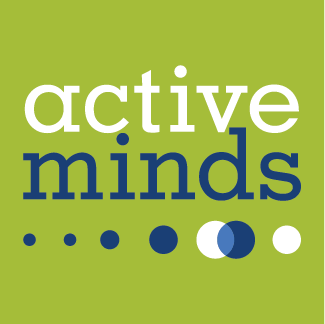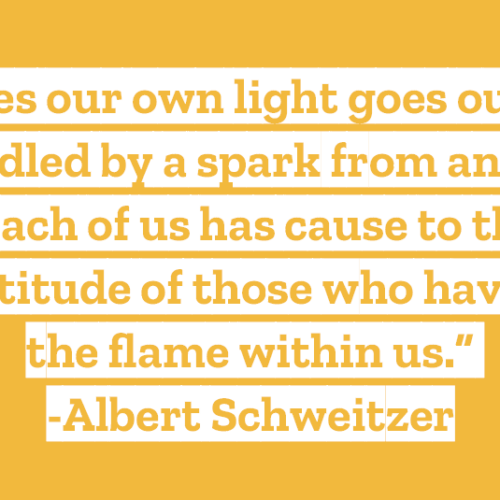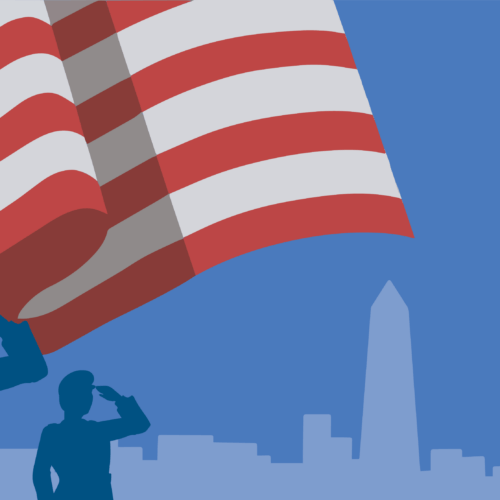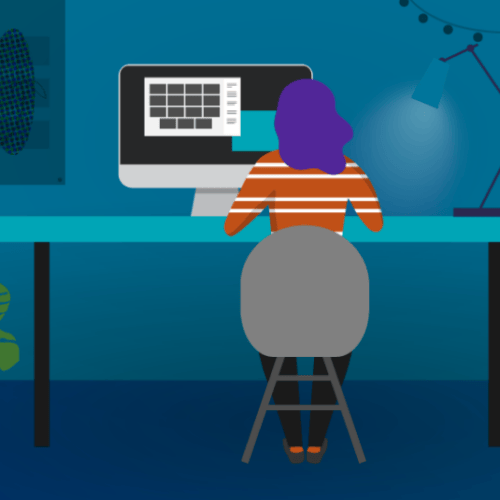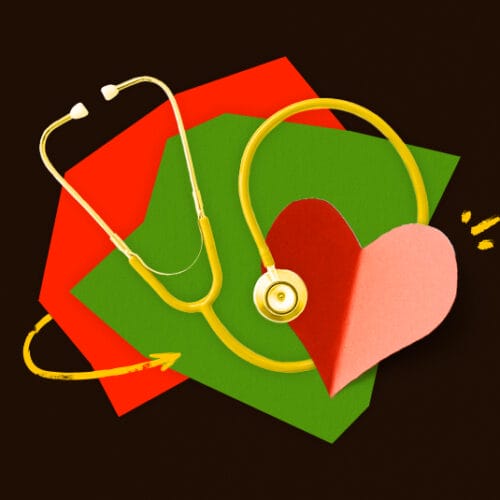Content Warning: This piece contains mentions of suicide and gun violence/school shootings.
August 5, 2019 —
In the wake of the tragedies in El Paso and Dayton, I am devastated to have to bring the message I wrote last year following the catastrophic events at Stoneman Douglas High School forward again. I am devastated not only because it means lives have once again been lost, but also because these horrific acts of hate are once again being conflated with mental illness. The potential ramification of this continued rhetoric is that help-seeking behavior may be reduced for those who need it most.
If you or someone you know needs help, is suffering anxiety or depression following this weekends’ events, or is in need of crisis support, please visit: activeminds.org/resources. We’re here for you.
My reactions after the massacre at the high school in Parkland, Florida, are the same as they were after the massacre at Sandy Hook Elementary School — deep and profound sorrow for the students and families, and also sadness and wariness when the talk turns to mental illness.
I am the mother of school-age children and also the sister of a brother who struggled with mental illness and ultimately died by suicide. I founded Active Minds, the nation’s leading mental health organization for young adults.
When a mass shooting happens, officials and reporters on the scene often say, in the heat of the moment, that the shooter had a mental illness when all they really know is that the person acted violently to an unfathomable degree. Lumping the actions of mass murderers with the struggles of millions of people who are diagnosed with a mental illness such as depression, anxiety, addiction, or PTSD is among the collateral damage from these tragedies.
The vast majority of people with mental illness are not violent, not criminal, and not dangerous. Only three to five percent of violent acts can be attributed to individuals with a serious mental illness. Conflating violence and mental illness skews how we talk about, care for, and value mental health in this country. The suggestion that future violence can be avoided by keeping guns away only from the mentally ill uses mental illness as a convenient scapegoat.
There is no “us” and “them” — one in four Americans has a diagnosable mental health condition. If it’s not ourselves, then it’s someone we love. Half of us will struggle with at least one mental illness in our lifetime. That’s a lot of people, very few of whom will ever have a violent thought, but if they do, are far more likely to hurt themselves than someone else.
To admit you have a mental illness and do something about it is one of the bravest things a person can do. So when we talk about mental illness in the wake of these tragedies, we need to talk and take action in a way that helps rather than hurts. There is enough hurt.
We can do two things, neither of which is easy or a quick fix. First, we change the climates of our schools and communities so it’s ok to talk about mental health and seek help when a person needs it. And second, we ensure our healthcare system offers quality mental health support and people are able to access it.
In the weeks, months, and years ahead, the families involved in this tragedy will live in the shadow of their losses. If they need mental health support, I hope they, and everyone else, will reach out and find the help, care, and compassion they deserve.
Alison K. Malmon
Founder and Executive Director, Active Minds
Washington, DC
Photo by Ryan Tauss.


